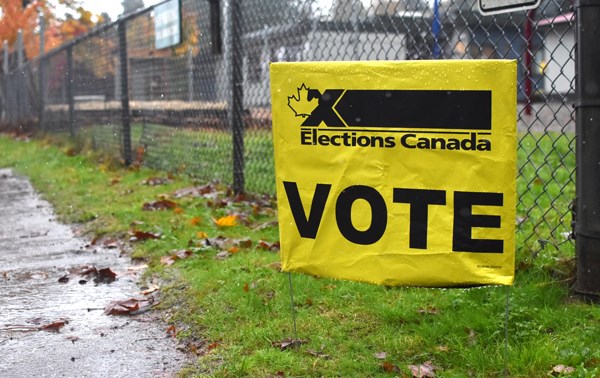Capilano University’s Tim Schouls says Canadians sent a clear message to all the political parties Monday.
“Despite the very divisive campaign and despite the relative shallowness of the debates around policy that we’ve had, Canadians have said we want you to find ways to work together,” Schouls, a political science professor at Cap-U, said in a post-election interview.
He also said with the Liberals compelled to work with the NDP, Bloc Quebecois, Green Party and perhaps even Conservatives on some economic issues, voters may have set up a Parliament that will work well – with or without formal coalitions or agreements like the one between the NDP and Greens in B.C.
“Minority governments necessarily have to work with other parties and other parties have good ideas,” Schouls said. “They’ll need to broker those ideas and find ways to incorporate them or fold them into their policy priorities.”
Schouls said the fact B.C. voters elected MPs from four different parties, and an independent, could be a drawback since the regionalization of the support could make it hard for the province to present a unified voice in Ottawa.
He also predicted the Trans Mountain pipeline will remain a flashpoint.
On election night Conservative leader Andrew Scheer made it clear he expects the Trudeau minority to fall, opening a path for his party to win the next election. But Schouls said a Trudeau minority will probably last about two years – a lifespan similar to other recent minority governments.
“[The Conservatives] have a war chest that would be able to finance them in moving forward quickly,” said Schouls. “The other parties, and in particular the NDP, have no interest in going to election any time soon. They have absolutely no resources, no money to finance a campaign and they’re in a position of holding the balance of power even though they’ve lost close to half their seats.”
Schouls predicted, however, the situation could change if the Liberals find themselves in another ethics or personal behaviour scandal.
“That might be too much for the NDP or the Bloc Quebecois to support, in which case they might take the government down,” he said.



